Eating fresh seasonal produce is one of the best ways to enjoy clean and healthy eating. But managing all those vibrant fruits and vegetables before they go bad can be challenging! With a few simple tips and tricks, you can make the most out of your regularly scheduled trips to the farmer’s market.
1. Apples
Storing fresh apples in the refrigerator’s crisper drawer is an effective way to keep them fresh for longer. Placing them in a plastic bag with holes will help promote fresh air circulation, which prevents moisture buildup and helps prevent the apples from becoming overly soft or mushy.
To prevent oxidation, store apple slices in a bowl of cold salt water (no more than 1/2 tsp of salt per qt.). After five minutes, dry and store the slices in the refrigerator in an airtight container.
2. Avocados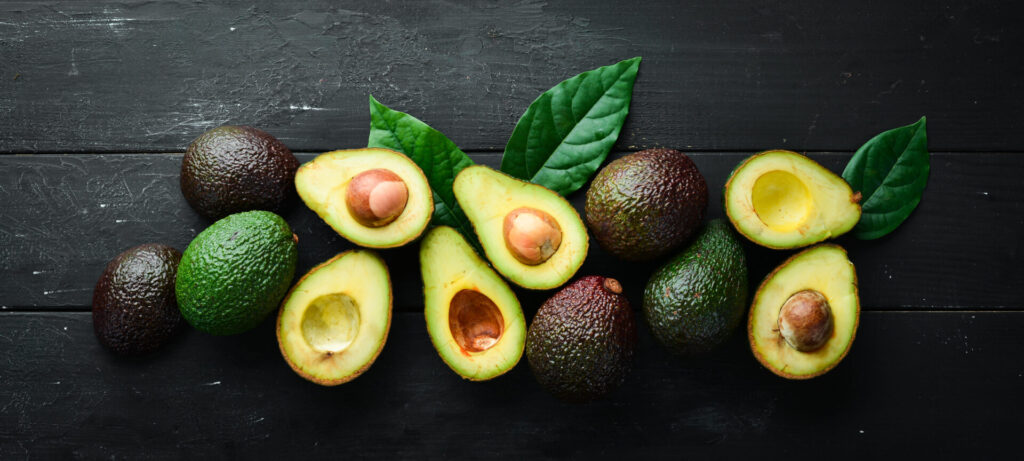
Allow whole avocados to set on the counter until ripe. Once ripe, store them in an airtight container filled with water and place them in the refrigerator. The cold water helps keep the freshness of the avocados for up to 10 days if stored correctly.
Remove the skin and squirt it with lemon or lime juice to avoid the browning of avocado halves. Citric acid will help prevent browning. If you do not have lemon or lime juice, keep the avocado in the skin, seed intact, and store it in an airtight container.
3. Bananas
Wrap the stems of the bunch of bananas in plastic wrap. This will avoid the spread of ethylene gas. If bananas have ripened, freeze them to utilize in fresh fruit smoothies or baked goods.
4. Berries
Rinsing fresh berries in a mixture of one part vinegar and three parts water can help keep them fresh for longer. The vinegar-water solution acts as an anti-microbial agent, inhibiting bacteria growth and preventing spoilage. Next, rinse the berries with water, dry them thoroughly, and store them in an airtight container. A mason jar is an excellent example of an airtight container.
5. Tomatoes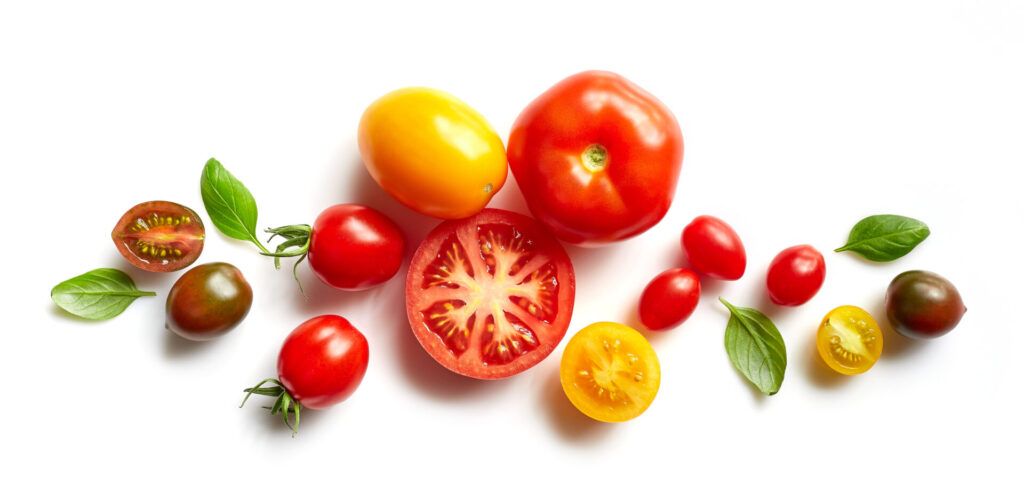 Tomatoes are a warm-weather fruit, so avoiding putting them in the refrigerator is best. Instead, leave them on the counter with the stem side down. This will help prevent them from over-ripening too quickly, as the stem is the last part of the fruit to ripen.
Tomatoes are a warm-weather fruit, so avoiding putting them in the refrigerator is best. Instead, leave them on the counter with the stem side down. This will help prevent them from over-ripening too quickly, as the stem is the last part of the fruit to ripen.
6. Asparagus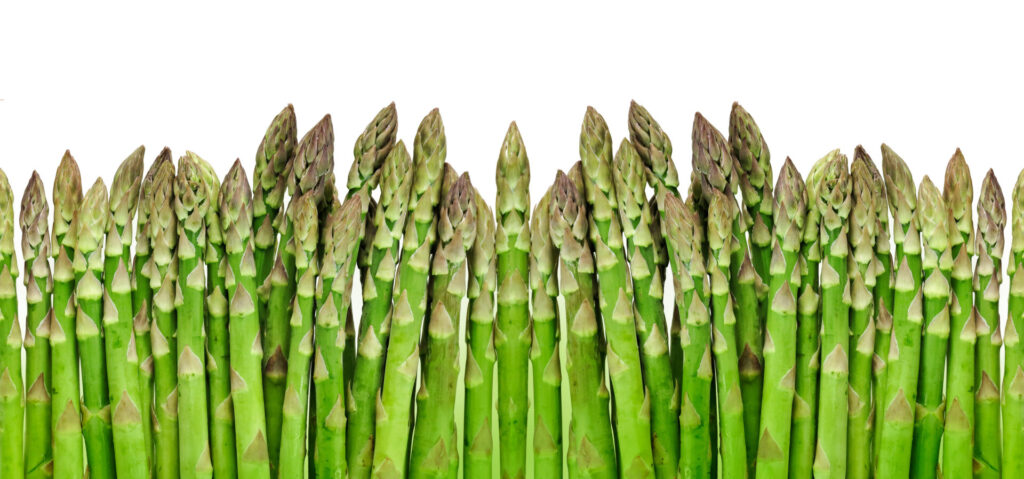
One way to keep asparagus fresh for an extended period is by storing it upright in a cup of cold water. This helps keep the vegetable hydrated and fresh for longer, preventing it from drying out before it can be cooked. Store in the refrigerator with a plastic bag over the asparagus.
7. Carrots
Storing fresh carrots in the refrigerator is an effective way to keep them fresh and crisp for longer. To avoid dried-out carrots, place them in an airtight container filled with cold water. Keeping the carrots submerged in cold water at all times is essential, as this helps them stay fresh for longer.
8. Celery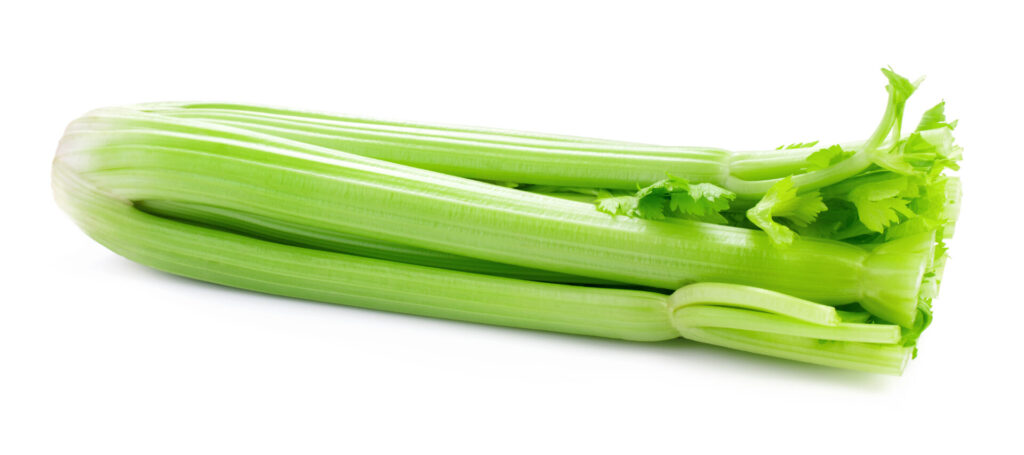 Wrap celery in aluminum foil. Unlike a plastic bag, the foil will let the ripening gas ethylene escape. When ethylene is trapped in a plastic bag, it causes moisture loss and spoils faster.
Wrap celery in aluminum foil. Unlike a plastic bag, the foil will let the ripening gas ethylene escape. When ethylene is trapped in a plastic bag, it causes moisture loss and spoils faster.
Cut Celery can be stored in an airtight container filled with water in the refrigerator to help preserve freshness. This helps to maintain its crunchy texture and prevents oxidation from occurring too quickly.
9. Lettuce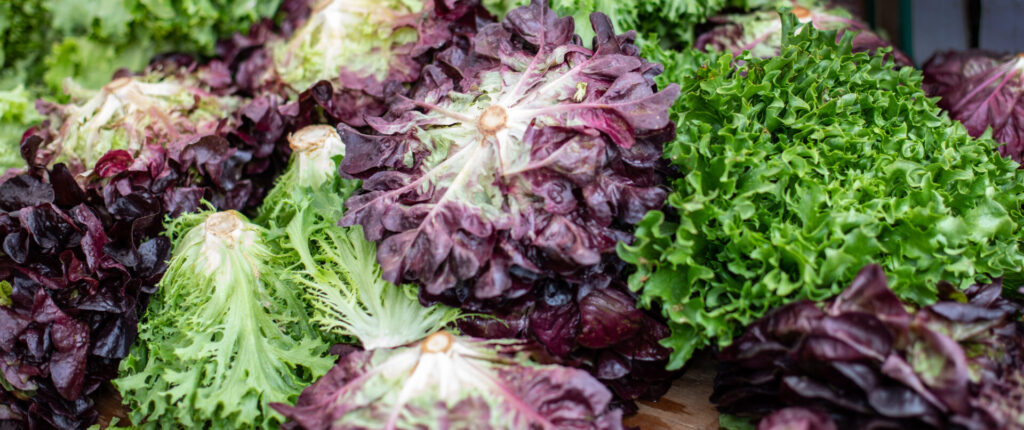
Heads of lettuce should be stored in the crisper drawer of the refrigerator. Before storing, any damaged leaves should be removed, and then the head should be washed with cold water. To help maintain freshness, a few paper towels should be wrapped around the head before placing it in the crisper drawer. Switching out the paper towels periodically will help keep the lettuce fresher for an extended period.
Loose leaf lettuce is versatile and a nutrient-rich salad ingredient. However, it should be appropriately stored in the refrigerator to ensure maximum freshness. After rinsing the leaves in cold water, they should be gently dried with paper towels to remove any excess moisture. Once dry, the lettuce leaves can be placed into an airtight container lined with paper towels. This will help create an even layer of absorbent material, drawing away moisture to improve shelf-life and prevent spoilage over time.
Reviving wilted lettuce is a great way to extend the life of your lettuce. Wilting can occur when too much moisture is present in the heads or leaves, causing them to become limp and discolored. To revive wilted lettuce, submerge the leaves into a bowl of cold water. Adding a few drops of lemon juice to the water can help retain nutrients and keep your lettuce fresher for longer. Let the lettuce sit in the ice water for about five minutes, then pat dry with paper towels or a lettuce spinner. Once dry, you can store the lettuce in an airtight container lined with a paper towel in the refrigerator.
10. Onions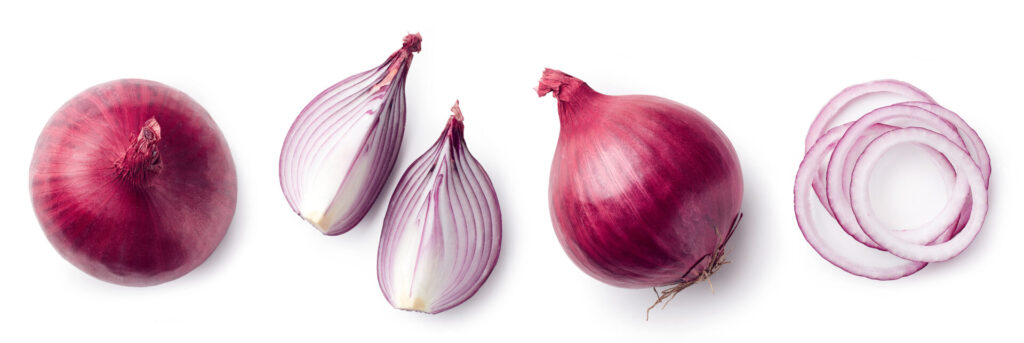
Wrap in pantyhose and store in a cool, dry, dark space. The mesh-like material allows enough air to circulate the stored fresh produce, which helps prevent moisture from becoming trapped, causing bacteria growth that can cause spoilage.
11. Potatoes 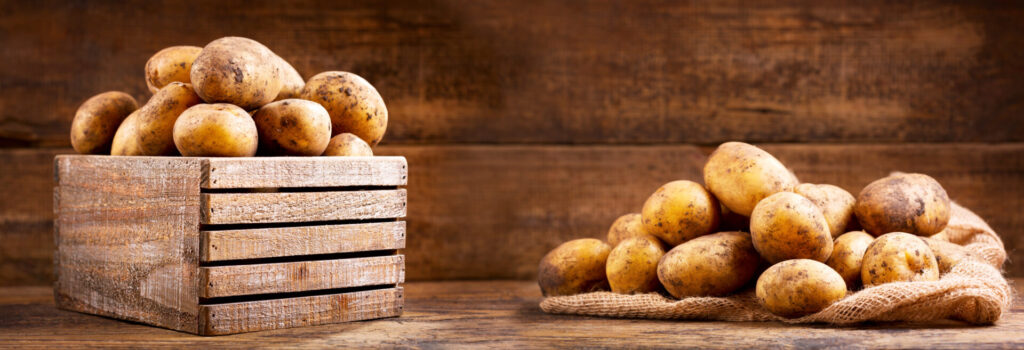
Storing fresh potatoes in a cool, dry, and dark space is the best option to keep them fresh for longer. It is important to avoid storing fresh potatoes near onions, bananas, or apples, as these fruits and vegetables emit ethylene gas which can cause fresh potatoes to spoil more quickly.
Want to learn more? Check out our blog, “Grow Your Own Food: Gardening For Beginners.”

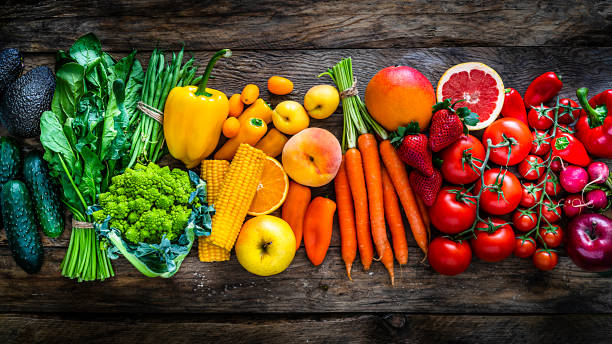

0 Comments